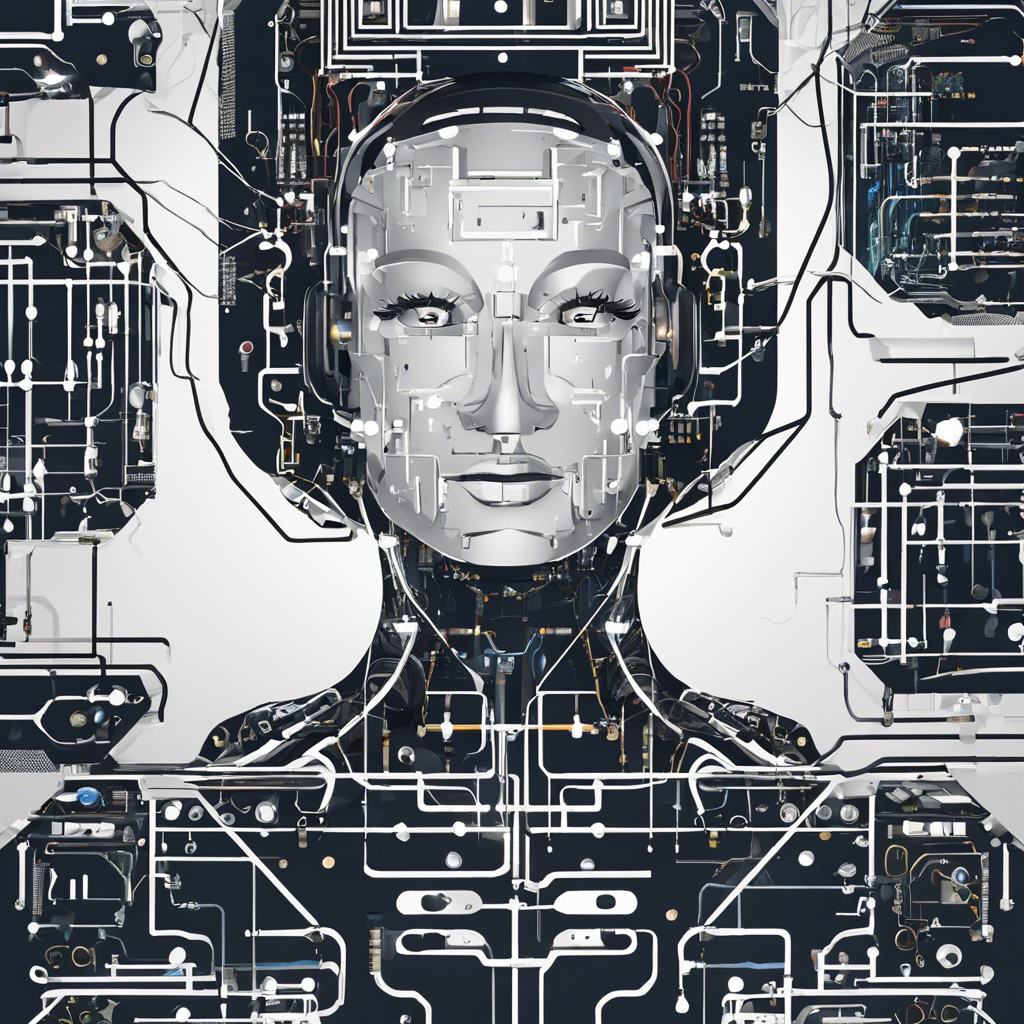The world of artificial intelligence (AI) is an ever-evolving and intriguing field that has sparked curiosity and imagination worldwide. AI has become an integral part of our daily lives, from personal assistants on our smartphones to self-driving cars and facial recognition technology. But what exactly is AI, and how does it work?
Artificial intelligence is the simulation of human intelligence processes by computer systems. These processes include learning (the acquisition of information and rules for using the information), reasoning (using the rules to reach approximate or definite conclusions), and self-correction (making adjustments based on new data). Simply put, AI is the ability of machines to think and act like humans.
The history of AI can be traced back to the 1950s when researchers first began to develop computer programs that could play checkers or solve simple math problems. However, it wasn’t until the 1980s that AI began to gain mainstream attention, with the development of expert systems that could mimic human decision-making processes. In the following decades, AI continued to evolve, with advancements in machine learning, natural language processing, and computer vision. Today, AI is an integral part of many industries, including healthcare, finance, transportation, and entertainment.
One of the key benefits of AI is its ability to automate repetitive tasks, freeing up human resources for more creative and complex work. For example, AI can be used to automate customer service inquiries, providing quick and efficient responses to common questions. AI can also be used to improve accuracy and efficiency in areas such as medical diagnosis, where it can analyze large amounts of data to identify patterns and make more informed decisions.
AI technology primarily focuses on three key areas: machine learning, natural language processing, and computer vision. Machine learning involves developing algorithms that can learn from data and make predictions or decisions based on that data. Natural language processing enables computers to understand and interpret human language, while computer vision focuses on enabling machines to understand and interpret visual information from images or videos.
The ethical considerations surrounding AI are also important to address. As AI becomes more powerful and prevalent, it raises questions about privacy, fairness, and accountability. It is crucial that the development and deployment of AI technologies are done in a responsible and ethical manner, with a focus on protecting user data and ensuring that AI systems do not perpetuate or exacerbate existing biases.
Overall, AI has the potential to revolutionize the way we live and work, and it is important to understand its capabilities and limitations. By continuing to advance AI technologies and addressing the ethical considerations they raise, we can ensure that AI benefits society as a whole and improves the lives of people around the world. AI is an exciting and rapidly evolving field that will undoubtedly continue to shape our future in countless ways.
